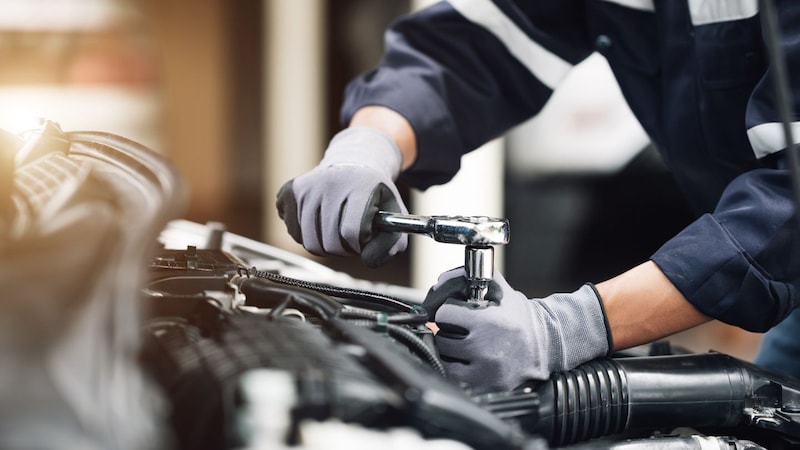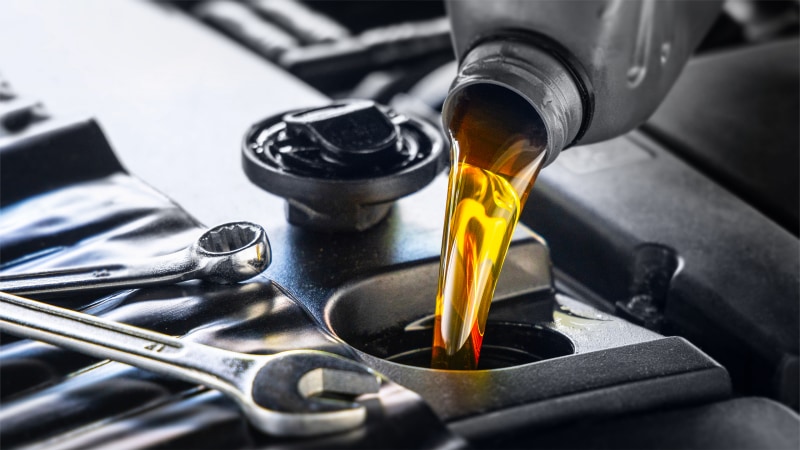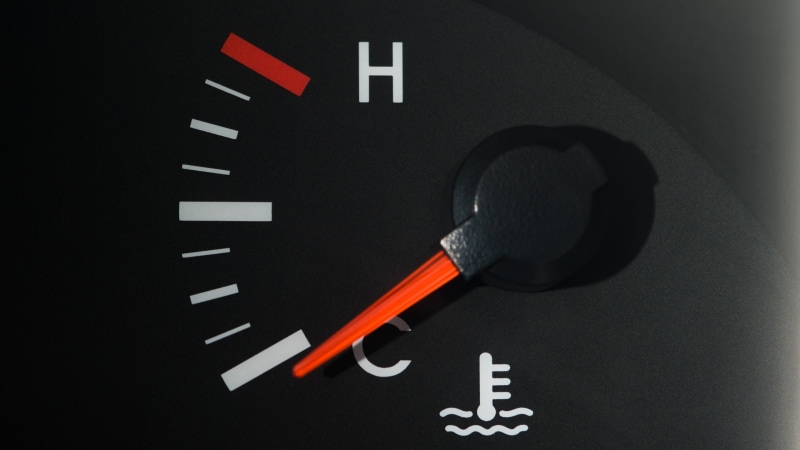What do spark plugs do?

Quick insights
- Spark plugs ignite the air-fuel mixture inside your engine’s cylinders, powering the pistons and ultimately driving your wheels.
- Cars with gasoline engines need one spark plug per cylinder, but if you drive a diesel or electric car, you will have a different setup altogether.
- Worn or damaged spark plugs can cause poor starts, rough acceleration, increased fuel consumption, and even engine misfires or damage if left unchecked.
What’s the difference between a car and an expensive storage container on wheels? Without working spark plugs, not much. So, what do spark plugs do that turn a stationary unit into a moving body? It’s all about ignition. Gasoline engines require a spark to get started, and that’s exactly where your spark plugs come in.
How do spark plugs work?
In gasoline engines, your car’s fuel pump draws gas from the tank into the fuel injector. Fuel from the injector mixes with oxygen drawn from the air intake, forming a combustible air-fuel mixture within your cylinders.
Inside those same cylinders are the spark plugs, which ignite the mixture and drive the internal combustion process. The pressure created by combustion pushes the engine’s pistons, which, in turn, power the crankshaft. Through a system of gears, this action of the crankshaft drives the wheels, allowing your car to move.
Firing the spark plugs
Your spark plugs form part of a well-orchestrated system. The initial energy for the spark plug comes from your car’s battery. Though the voltage typically starts small, it gets amplified as the electric current passes through the ignition coil, eventually reaching a level which the spark plug can utilize for ignition.
How many spark plugs does a car have?
Since combustion takes place in the engine’s cylinders, your car needs one spark plug per cylinder to function at full capacity. The number of cylinders in your car may vary, but there are usually four or sometimes six. Some high-performance vehicles contain eight cylinders — requiring the equivalent number of plugs.
Do all cars have spark plugs?
While gasoline engines use spark plugs for ignition, diesel engines rely on glow plugs — which heat the air-fuel mix to very high temperatures — to drive internal combustion. Electric vehicles don’t use spark plugs, as they’re not powered by combustible fuel. Hybrid vehicles with gasoline engines do use spark plugs for ignition, although they also contain one or more electric motors powered by a separate battery.
What are spark plugs made of?
While specific materials may vary, spark plugs contain metals that are particularly effective at conducting electricity. The most common metals for this purpose are:
- Copper: Relatively inexpensive but has a shorter lifespan.
- Iridium alloy: More expensive but also longer lasting.
- Platinum: Relatively uncommon and used only in certain engines, has better corrosion resistance.
Which spark plugs are right for my car?
Mixing and matching spark plugs without caution is generally not a good idea. That shiny platinum spark plug might look great but may not work for your vehicle. It’s best to check the owner’s manual for manufacturer guidance on spark plug compatibility.
Another factor to consider when selecting your spark plugs is heat. Spark plugs need to stay cool enough that they don’t ignite fuel prematurely, but hot enough to “self-clean,” so they don’t get quickly coated with fuel and grime. Again, your owner's manual will provide guidance on what kinds of spark plugs are best suited for your car with heat transfer in mind. You may also want to ask your mechanic for advice.
Do spark plugs go bad?
While the design of spark plugs varies, they’re typically small, somewhat delicate and can sometimes malfunction. Malfunctioning spark plugs may, in turn, risk damaging your engine and affecting the general performance of your vehicle.
Aside from wear and tear, several factors may cause spark plugs to go bad. These include:
- A build-up of carbon deposits and associated grime, potentially due to an issue with your fuel filter or poor fuel quality.
- Faulty wiring due to incorrect engine tuning or poorly designed plugs.
- Overheating in the engine.
- An erratic ignition (if the space between the electrodes in your plug widens, the ignition sparks may struggle to bridge the gap.)
Potential signs of a malfunctioning spark plug
If you have difficulty starting your vehicle or your ignition feels shaky, then a faulty spark plug could be the culprit. If you hear knocking or rattling noises once your engine is turning, that could also be a sign that your pistons aren't working correctly. Slow acceleration and increased fuel consumption are other possible signs of a problem with your spark plugs.
Effects of faulty spark plugs
A faulty spark plug has the potential to negatively affect your vehicle’s performance. For instance, it may result in incomplete combustion, which can harm your catalytic converter. It can also cause misfires, which risk damaging your engine. Plus, busted plugs may impair the fuel efficiency of your vehicle. For these reasons and more, getting faulty plugs replaced may help your car ride more smoothly while reducing emissions.
Replacing faulty spark plugs
Since spark plugs are critical components of your car, finding a trusted mechanic to inspect and potentially replace them is usually a good idea.
How long a plug replacement takes typically depends on the make and model of the vehicle in question, together with factors unique to your car and mechanic. While getting your spark plugs replaced can often be done during an ordinary tune-up, it may sometimes need an overnight fix. Spark plugs should normally be replaced once the engine is cool, and parts may need to be temporarily removed to access the plugs.
How often should you replace spark plugs?
An effective spark plug might work for many years and many thousands of miles. As always, it’s best to check your owner’s manual for your manufacturer’s recommendations specific to your car and its service history. As you learned above, faulty or shaky ignition may also be an indicator that your spark plugs need attention. You may also want to keep the condition of your plugs in mind when thinking about any scheduled maintenance for your car.
In summary
Understanding what spark plugs do may help you better diagnose potential issues with your engine. If your vehicle has a jerky start, rough acceleration or is making strange noises under the hood, it may be time to get your spark plugs checked. From increasing fuel efficiency to preventing avoidable engine damage, properly working spark plugs can keep your car firing on all cylinders.



